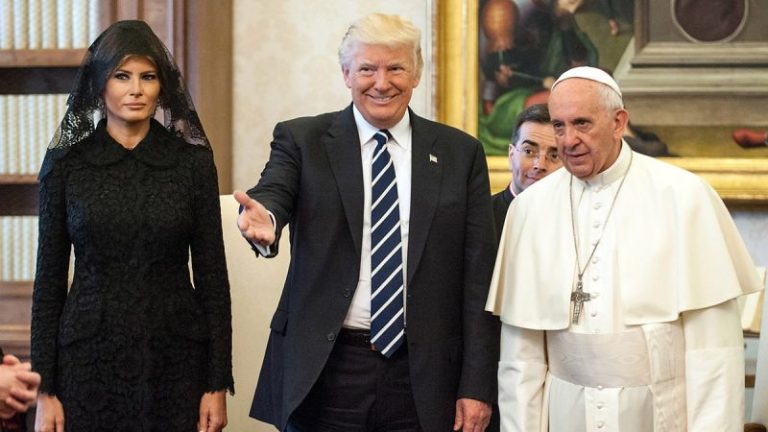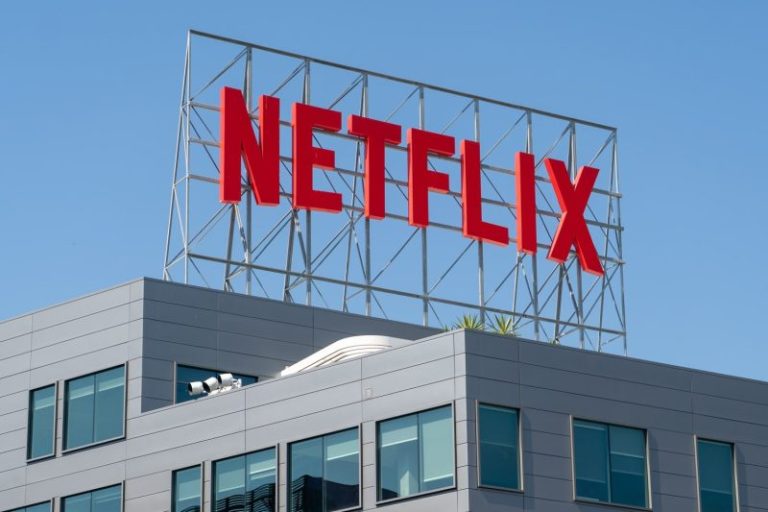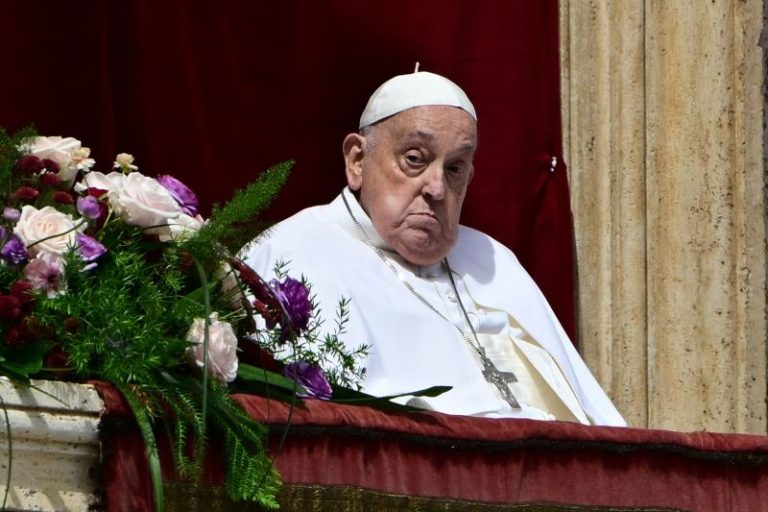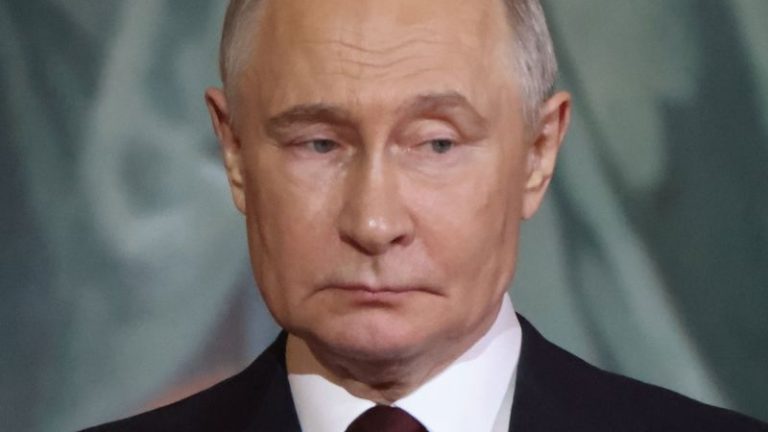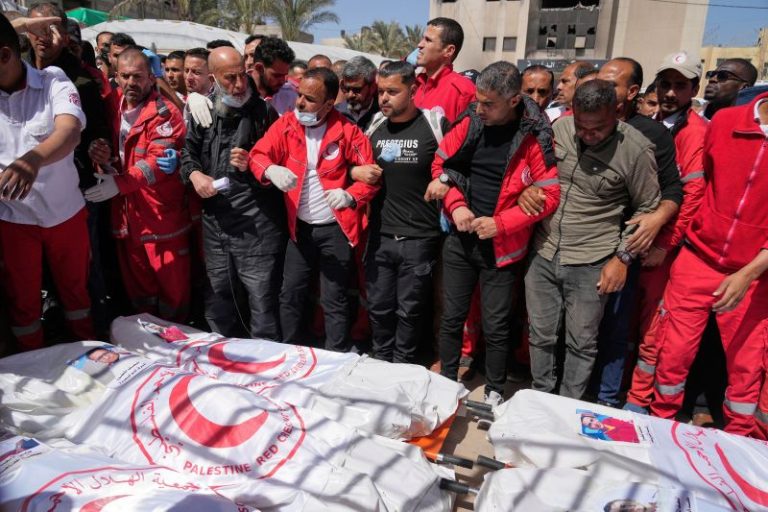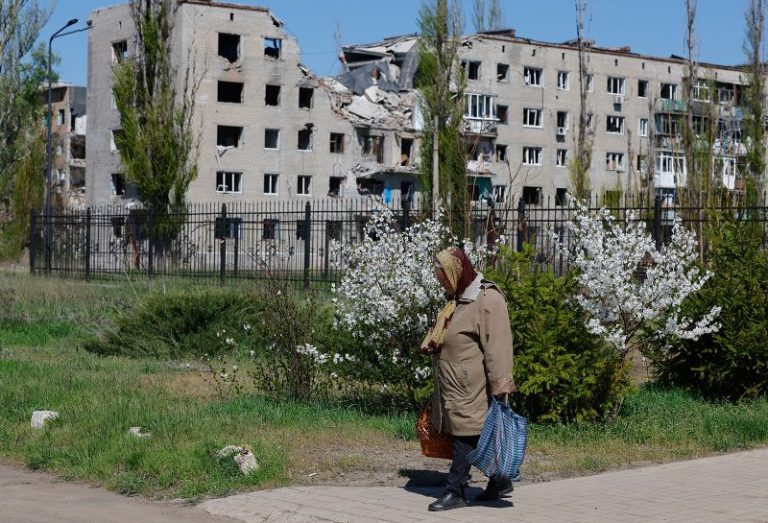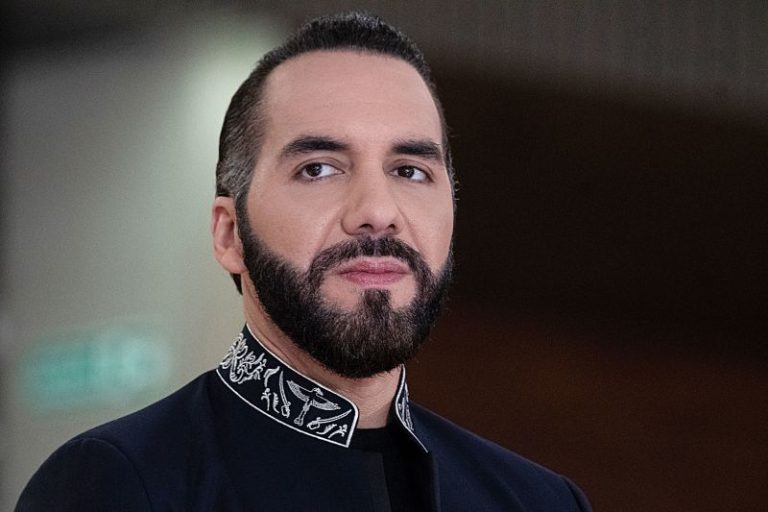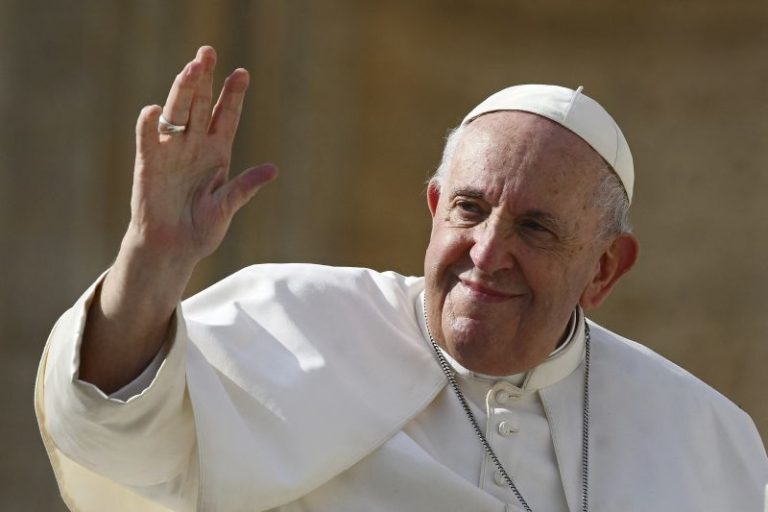President Trump indicated Monday – following news of Pope Francis’s death – that he and first lady Melania Trump will be attending the Pope’s funeral at the Vatican, despite the president’s somewhat contentious history with the late leader of the Catholic Church.
Traditionally, papal funerals take place four to six days following their death, so Francis’s funeral is expected to take place before the end of the month. Vatican spokesperson Matteo Bruni told reporters that the General Congregation of Cardinals will occur Tuesday morning, during which an exact date for the funeral should be decided.
‘Melania and I will be going to the funeral of Pope Francis, in Rome,’ Trump posted on his social media platform Truth Social on Monday afternoon. ‘We look forward to being there!’
Trump’s announcement that he would be traveling to Rome for the ceremony followed a separate announcement he made earlier in the day indicating that he had ordered all American flags on government grounds, including military installments and embassies abroad, to fly at half-staff until sunset Monday.
Trump’s relationship with Pope Francis over the years was one marked by ideological differences and – at times – tension.
Amid Trump’s first run for office, Pope Francis criticized one of Trump’s signature campaign promises of building a wall along the southern border, calling the move ‘not Christian’ in 2016.
‘A person who thinks only about building walls, wherever they may be, and not building bridges, is not Christian,’ Francis told reporters during a mid-flight interview on his way to Mexico in 2016, according to a translation from the Associated Press.
Trump, meanwhile, shot back at the pontiff’s remarks, arguing it was ‘disgraceful’ for the Pope, or any religious leader for that matter, to question another person’s faith.
‘If and when the Vatican is attacked by ISIS, which as everyone knows is ISIS’s ultimate trophy, I can promise you that the Pope would have only wished and prayed that Donald Trump would have been President because this would not have happened,’ Trump said in a statement released by his team following the Pope’s criticism. ‘ISIS would have been eradicated unlike what is happening now with our all talk, no action politicians.’
During Francis’s life he also took aim at increasing nationalistic sentiments around the world, criticism that implicitly targeted Trump’s ‘America First’ agenda.
Francis was also a believer in climate change posing a major problem for society, something Trump also differed with him on. In both Trump’s first and second terms, he has pulled the U.S. out of the international Paris Climate Accords, which is an international initiative aimed at mitigating global warming.
Trump, who considers himself a Christian but is not a Catholic, only met with Francis once during his first term. By contrast, Joe Biden, who is a confirmed Catholic, met with Francis in-person on multiple occasions throughout his single-term presidency.
Trump’s Vice President J.D. Vance, a Catholic himself, was notably one of the Pope’s last visitors, seeing him on Easter Sunday – one day before Francis passed.
Fox News Digital reached out to the White House for comment but did not receive a response in time for publication.

